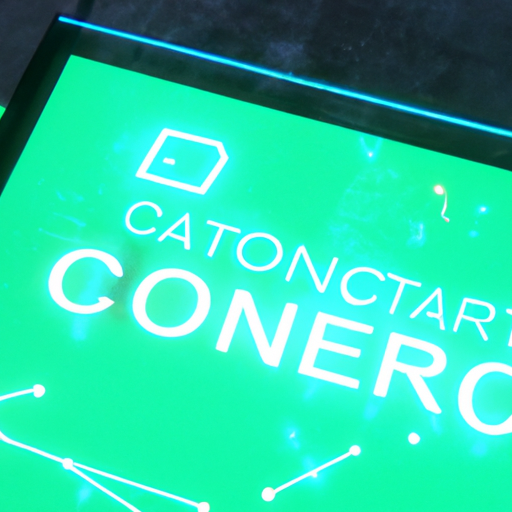Table of Contents
The Rise of Cryptocurrency and Smart Contracts

In recent years, the world of finance and technology has been revolutionized by the emergence of cryptocurrency and smart contracts. These innovative technologies have the potential to disrupt traditional financial systems and change the way we transact and interact with each other. In this article, we will explore the concepts of cryptocurrency and smart contracts, their benefits, and how they are shaping the future of finance.
What is Cryptocurrency?
Cryptocurrency is a digital or virtual form of currency that uses cryptography for security. Unlike traditional currencies issued by governments, cryptocurrencies operate on decentralized networks based on blockchain technology. The most well-known cryptocurrency is Bitcoin, but there are thousands of other cryptocurrencies in existence, each with its own unique features and use cases.
Benefits of Cryptocurrency:
- Decentralization: Cryptocurrencies are not controlled by any central authority, such as a government or financial institution.
- Security: Transactions are secure and private due to the use of cryptographic techniques.
- Lower transaction fees: Cryptocurrency transactions typically have lower fees compared to traditional banking systems.
- Global accessibility: Cryptocurrencies can be used for cross-border transactions without the need for currency conversion.
What are Smart Contracts?
Smart contracts are self-executing contracts with the terms of the agreement directly written into code. These contracts run on blockchain technology and automatically enforce the terms of the agreement without the need for intermediaries. Smart contracts can be used for a wide range of applications, from financial transactions to supply chain management.
Benefits of Smart Contracts:
- Efficiency: Smart contracts automate the execution of agreements, reducing the need for manual intervention.
- Transparency: The terms of the contract are visible on the blockchain, ensuring trust and accountability.
- Security: Smart contracts are tamper-proof and resistant to fraud, as they are stored on a decentralized network.
- Cost savings: By eliminating intermediaries, smart contracts can reduce transaction costs and processing times.
Examples of Cryptocurrency and Smart Contracts in Action
One of the most popular use cases of cryptocurrency and smart contracts is decentralized finance (DeFi). DeFi platforms allow users to access financial services such as lending, borrowing, and trading without the need for traditional financial intermediaries. Platforms like Compound and Aave use smart contracts to automate lending and borrowing processes, providing users with greater control over their assets.
Another example is the use of smart contracts in supply chain management. Companies like IBM and Walmart are using blockchain technology to track the provenance of products from farm to table. Smart contracts ensure that all parties involved in the supply chain adhere to the agreed-upon terms, reducing fraud and improving transparency.
The Future of Finance
Cryptocurrency and smart contracts have the potential to revolutionize the way we transact and interact with each other. As these technologies continue to evolve and gain mainstream adoption, we can expect to see more innovative applications in various industries. From decentralized finance to supply chain management, the possibilities are endless.
Conclusion
In conclusion, cryptocurrency and smart contracts are reshaping the future of finance by providing secure, efficient, and transparent solutions for a wide range of applications. As we embrace these technologies and explore their potential, we can look forward to a more decentralized and inclusive financial system that empowers individuals and businesses alike.